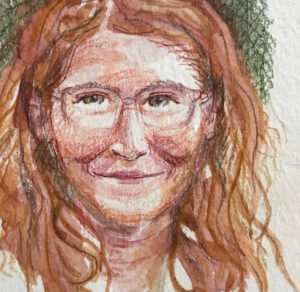 A chapter in a book I am working on explores how we are not machines, yet can be duped into thinking that we are. It is part of a book that centers on how a person can flourish in difficult circumstances. As I was writing it, the Generative AI, Chat GPT, and computer future fears surfaced in the media, and we have been alerted to an acceleration of human-seeming abilities of technology. I found myself concerned with issues that are arising now, rather than long term fears, and wrote a paper for the US Office of Science and Technology Policy with recommendations for action. There are many people who can speak to so many issues raised by AI, but I thought there were some things that were being left out of discussions, and my scholarship in human relationships might be helpful in making recommendations for action and making a case for those.
A chapter in a book I am working on explores how we are not machines, yet can be duped into thinking that we are. It is part of a book that centers on how a person can flourish in difficult circumstances. As I was writing it, the Generative AI, Chat GPT, and computer future fears surfaced in the media, and we have been alerted to an acceleration of human-seeming abilities of technology. I found myself concerned with issues that are arising now, rather than long term fears, and wrote a paper for the US Office of Science and Technology Policy with recommendations for action. There are many people who can speak to so many issues raised by AI, but I thought there were some things that were being left out of discussions, and my scholarship in human relationships might be helpful in making recommendations for action and making a case for those.
We need to protect real human-to-human relationships and strengthen our relationships with one another in the wider social world. What can we do to help us see ourselves as we are, not as machines, and help us to relate realistically to human-seeming Generative AI objects with various levels of verbal, visual, auditory, and tactile characteristics? How do we encourage people to see the value of human-to-human interactions, of giving and receiving compassionate love, and accepting others and ourselves, flawed yet of value at a fundamental level? It is in our relationships with one another, embodied and truthful, that we express ourselves in a way that leads to fullness of life for ourselves and the people we encounter in our day to day lives. We need to put guardrails in place to help us to affirm these important characteristics of our lives in the midst of the increasing proliferation of human-seeming machines and technology.
Email me at lynn@lynnunderwood.com if you want the whole paper on AI and relationships that I submitted to the Office of Science and Technology Policy .

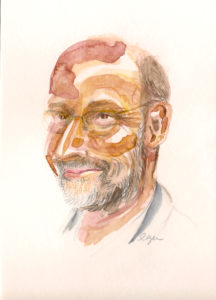 ‘The History of Philosophy without any Gaps.” is a podcast I have listened to for years and love. I have learned so much. Many of the episodes, on topics of particular interest to me, I listen to 2 or 3 times. If I find this fun, what does this say about me? The presenter, Peter Adamson, has a sense of humor, and is open-minded, and has such a knowledge base, and provides a depth of content that he expresses so well. I listen on iTunes, but here is a link to his website:
‘The History of Philosophy without any Gaps.” is a podcast I have listened to for years and love. I have learned so much. Many of the episodes, on topics of particular interest to me, I listen to 2 or 3 times. If I find this fun, what does this say about me? The presenter, Peter Adamson, has a sense of humor, and is open-minded, and has such a knowledge base, and provides a depth of content that he expresses so well. I listen on iTunes, but here is a link to his website: 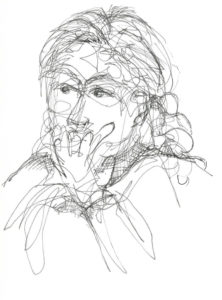 My continuing passion is to part a curtain, that invisible veil of indifference that falls between us and that blinds us to each other’s presence, each other’s wonder, each other’s human plight.
My continuing passion is to part a curtain, that invisible veil of indifference that falls between us and that blinds us to each other’s presence, each other’s wonder, each other’s human plight.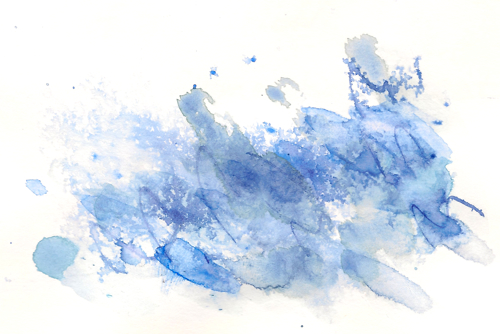
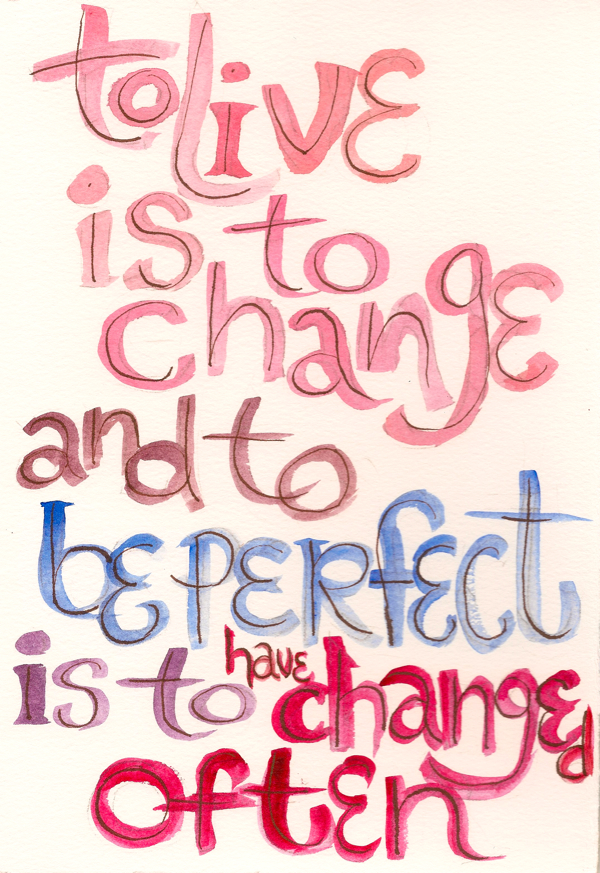
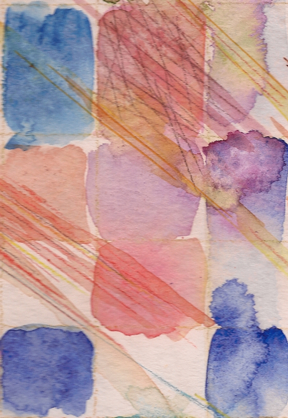
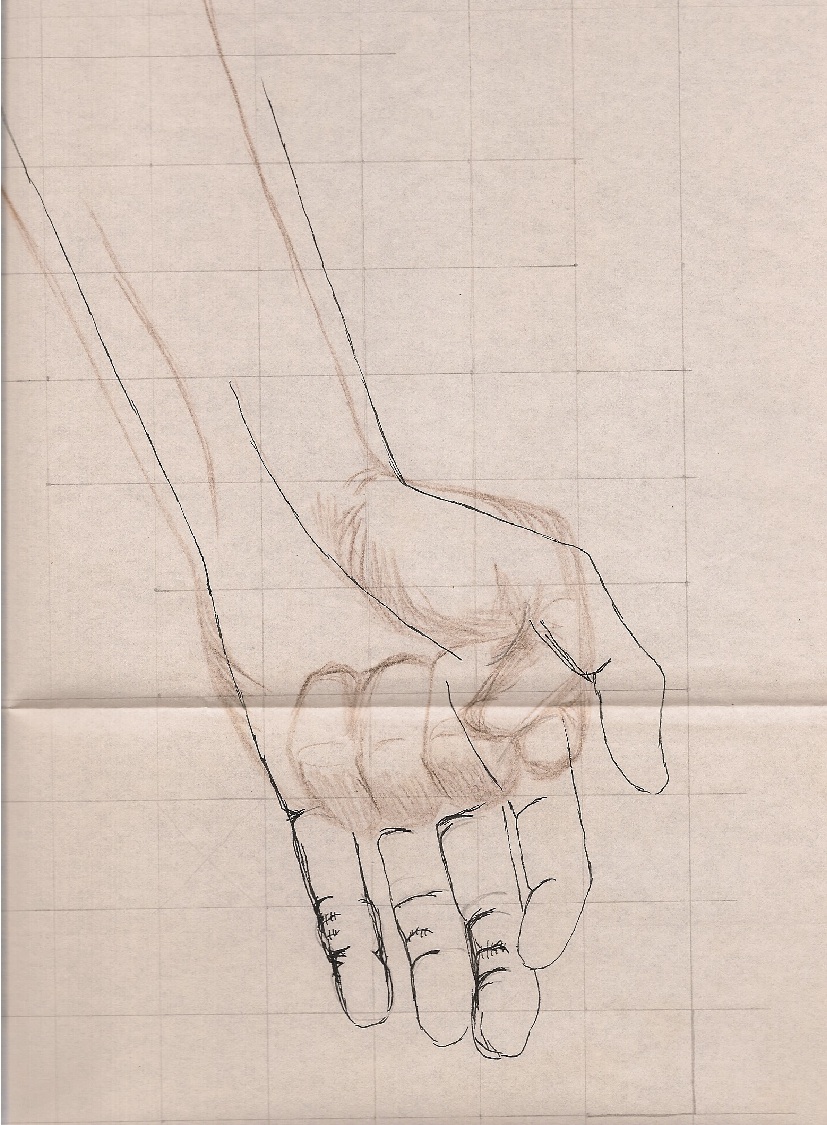
 Jean Vanier inspires me. He started the L’Arche communities. They bring people who are marginalized and restless from lack of community and care, together with those who learn to care for them. They especially create small caring communities for those who have developmental disabilities.
Jean Vanier inspires me. He started the L’Arche communities. They bring people who are marginalized and restless from lack of community and care, together with those who learn to care for them. They especially create small caring communities for those who have developmental disabilities.